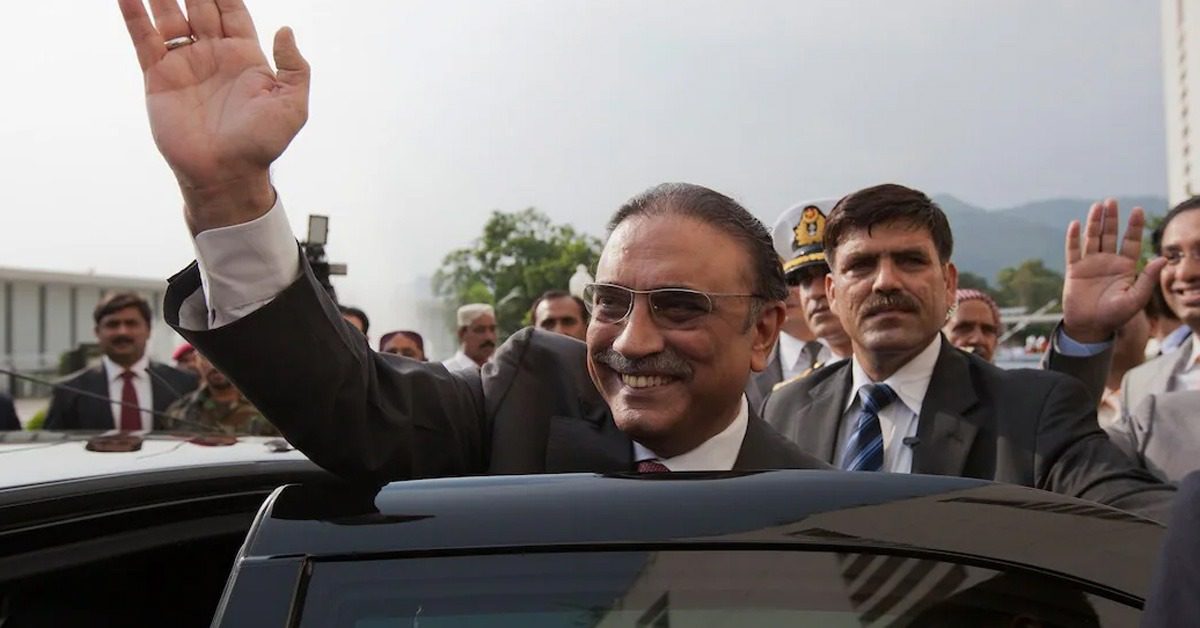Islamabad — Pakistani lawmakers chose Asif Ali Zardari as the country’s next president on Saturday, restoring him to the mostly ceremonial constitutional post for a second term.
The electoral commission said that the 68-year-old widower of deceased former Prime Minister Benazir Bhutto received 411 votes from members of the national and four provincial parliaments. His opponent, Mehmood Khan Achakzai, got 181 votes.
Zardari was a joint candidate for the ruling coalition, which is led by Prime Minister Shehbaz Sharif’s Pakistan Muslim League-Nawaz (PML-N) party.
He previously served as president of Pakistan from 2008 to 2013, while his party, the Pakistan People’s Party, was in power. He will be sworn in on Sunday.
Achakzai was backed by jailed former Prime Minister Imran Khan’s opposition party, the Pakistan Tehreek-e-Insaf, or PTI, and its supporters.
According to an official statement, Sharif congratulated Zardari on his re-election as president, stating he “will be a symbol of the strength of the federation.”
The presidential vote came after the February 8 general elections for Pakistan’s national and four provincial legislative assemblies, which were widely accused of being rigged to allow Sharif’s military-backed PML-N to win and keep Khan’s supporters out of power.
Khan, a cricket legend turned prime minister, was removed from office in 2022 following a parliamentary vote of no-confidence spearheaded by Sharif, the then-opposition leader.
The 71-year-old former Pakistani leader has subsequently faced many legal challenges.
Khan is presently serving lengthy jail terms after being convicted of corruption, fake marriage, and leaking state secrets before to the February 8 elections.
Khan denies guilt and blames Pakistan’s powerful military for what he calls politically driven and spurious allegations.
Since Pakistan’s independence from Britain in 1947, the military has administered the country both directly and indirectly. Politicians claim army generals influence in civilian affairs even while not in power, something the security institution rejects.

